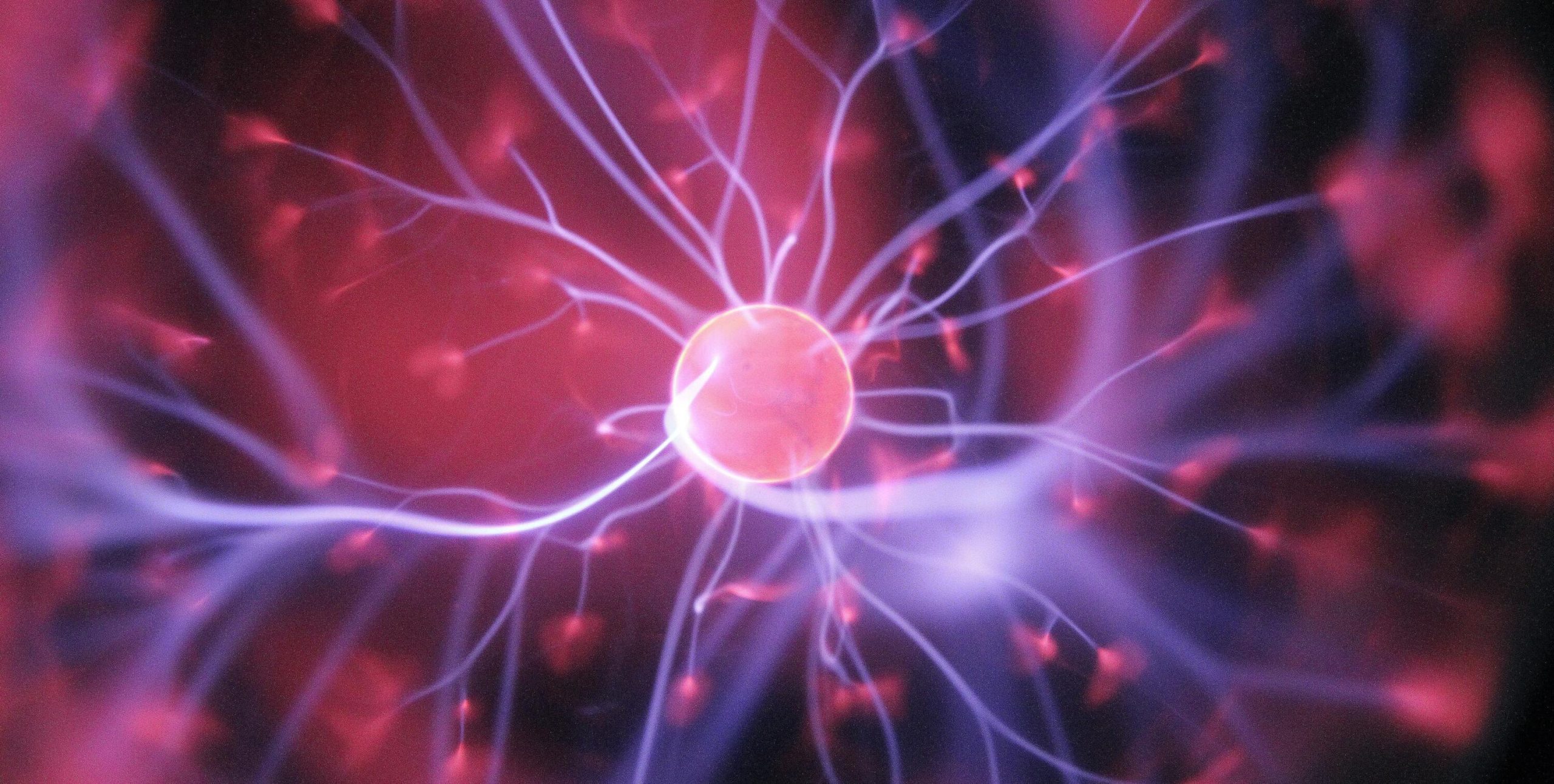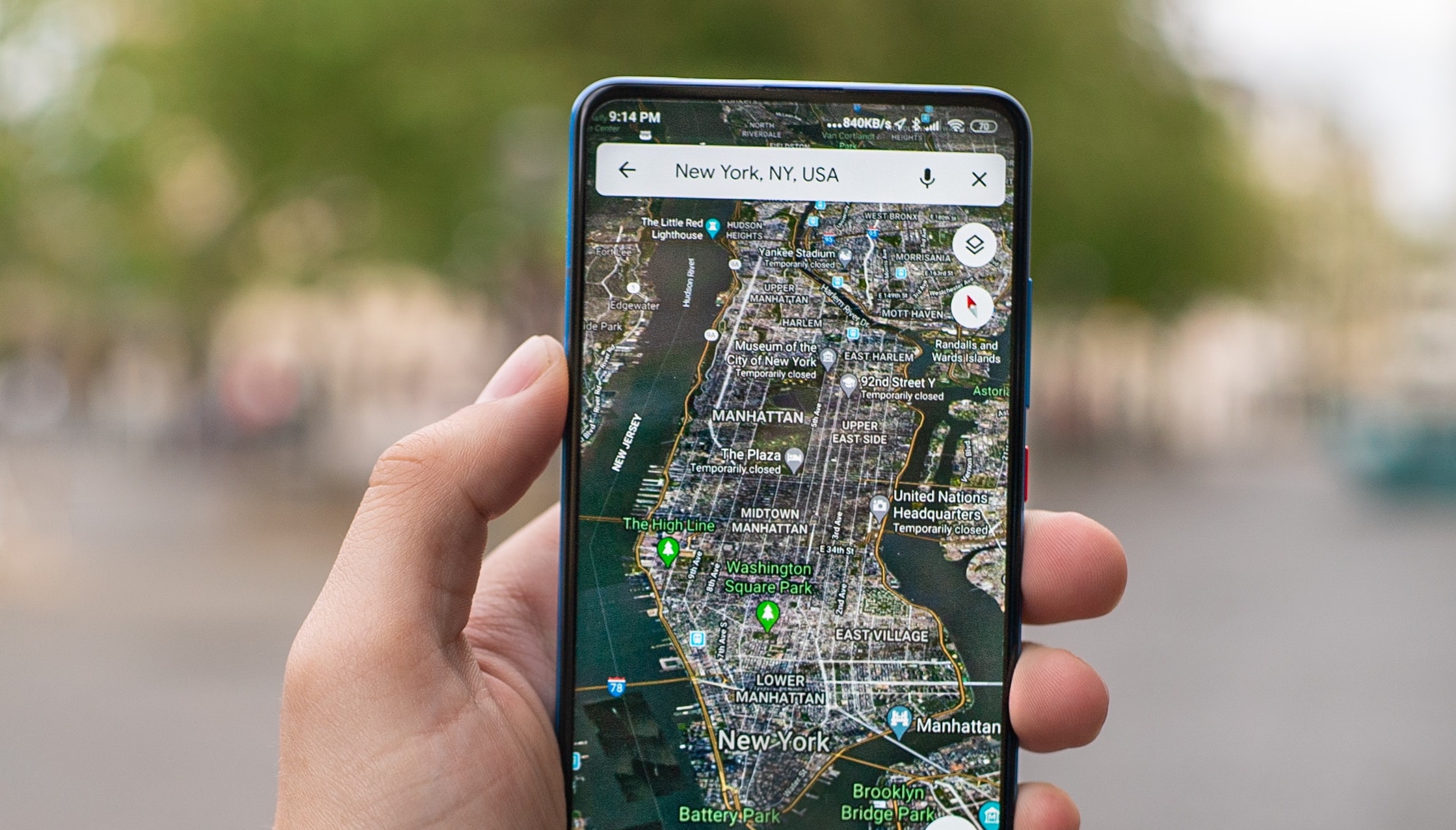Did you ever set your GPS wrong? I know I have. It takes a little while, but I eventually figure out that something is wrong with the directions I am given. But if you set your mind’s GPS wrong, it can take much longer to notice.
If you are unhappy about the path of your life, you need to re-program your mind’s GPS. A simple way to do that is by saying affirmations. An affirmation is a compelling sentence that describes how you feel after reaching your goal. One of mine has been “I am happy and proud that I won the Best Speaker award.”
Design an affirmation and say it to yourself every day. You will find that it directs your mind to seek a way to reach the goal your affirmation describes. And yes, I did win the award I was looking for 😉







